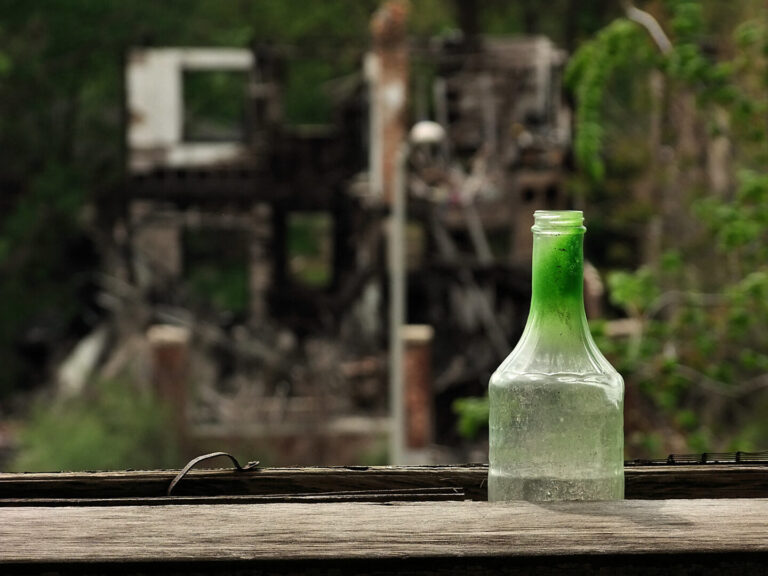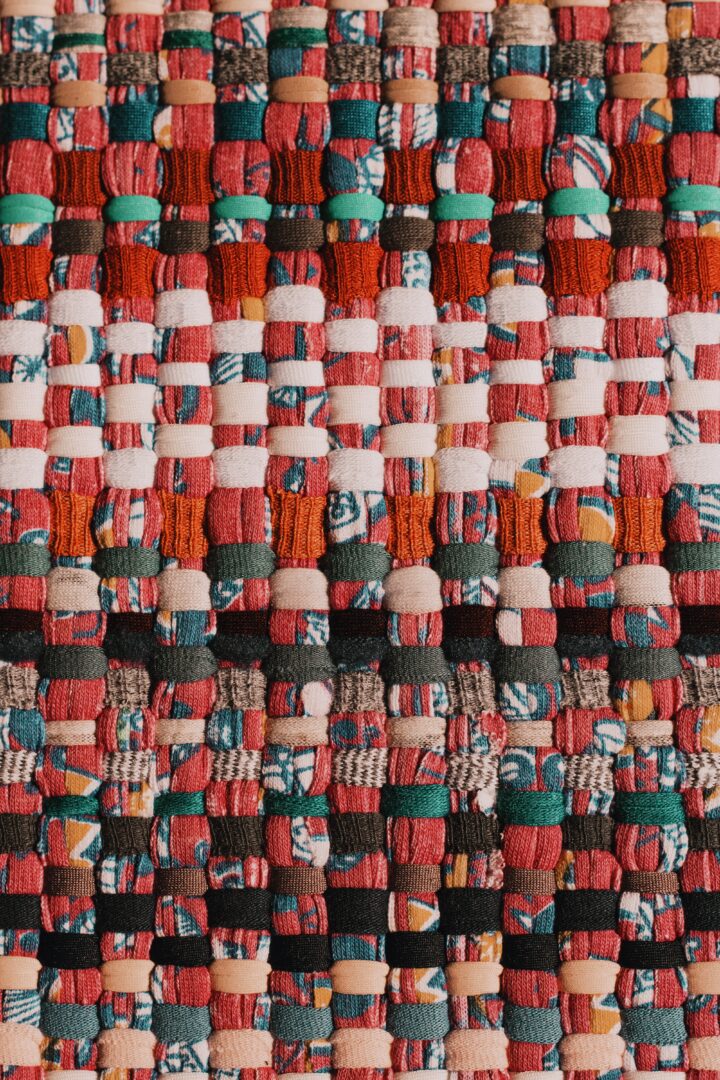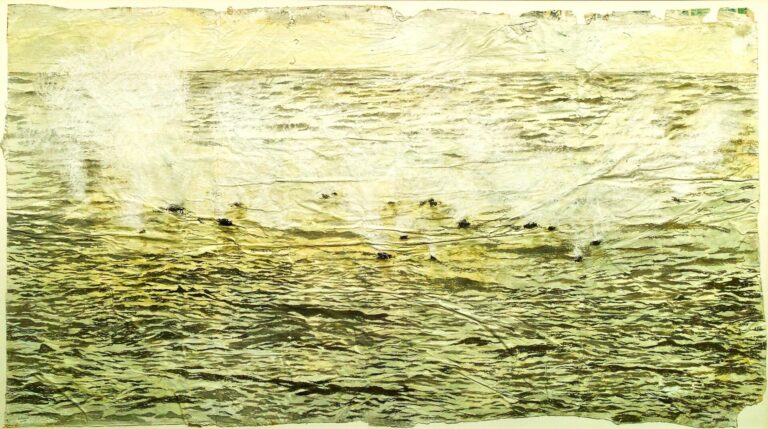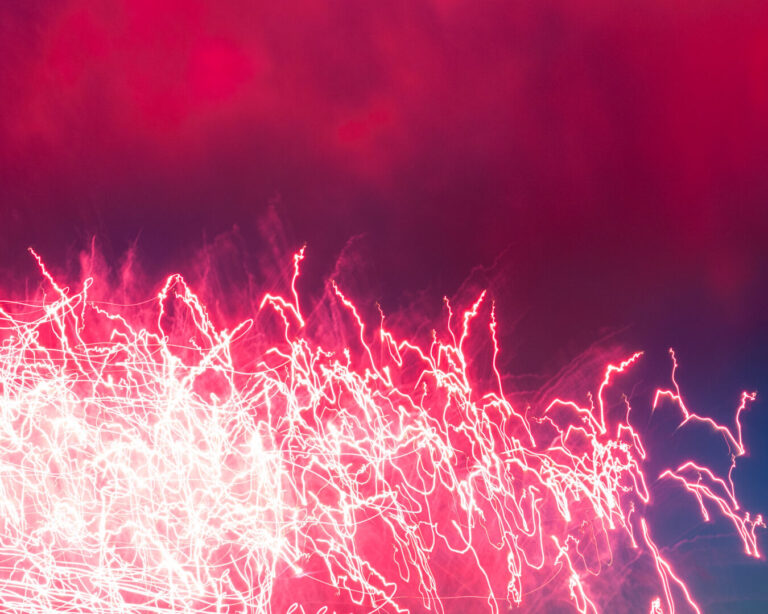This issue marks the addition of a new co-editor and several special projects, including Lateral‘s first podcast, Positions. This issue presents two important sections of work, both building on conversations in the field and across publications: “The Black Shoals Dossier,” curated by Beenash Jafri, and the second part of “Crip Pandemic Life,” edited by Alyson Patsavas and Theodora Danylevich. In addition to these impressive sections, the issue features three research articles and ten book reviews.
Keyword: publishing
With Grief and Joy — Crip Pandemic Life: A Tapestry, Part II
This second installment of “Crip Pandemic Life: A Tapestry” opens with a reflection on transformative access and its visioning work. We weave this discussion through not only the eight new pieces found within this issue, but also through a reflection on the practices of access and care that enabled the writing, editing, and publication process itself. We conclude with two artifacts: The first is the “Accessible Knowledge Production Manifesto” that emerged as a collectively authored set of demands generated at a workshop we held in connection to the launch of our first installment of “Crip Pandemic Life.” The second is a link to a resource list, “Continuing Threads and Proliferations; Crip Pandemic Life Archive,” compiled by Corbin Outlaw, which links out to other pandemic projects documenting crip, disabled, chronically-ill, mad, and neurodivergent experiences, particularly highlighting experiences not captured within our tapestry of crip pandemic life.
Editors’ Introduction
In this introduction, the editors continue their reflections on scholarly editing in the pandemic, welcome two new co-editors, and announce a grant-funded initiative that builds on Lateral Forums. This issue features three regular articles, book reviews, and the first installment of a special section, “Crip Pandemic Life: A Tapestry,” which builds on the “Cripistemologies of Crisis” special section, edited by Theodora Danylevich and Aly Patsavas, last year.
Editors’ Introduction: New Milestones, New Initiatives
As we begin this second decade of Lateral, we reflect on the origins of the journal and new initiatives underway. We also consider the precarious nature of scholarly publishing and editing in the pandemic and reaffirm our commitment to this care work. This issue features three articles—two of which emerged from our articles-in-progress workshop at last year’s Cultural Studies Association annual meeting—as well as the 2021 Randy Martin Prize winning essay and a number of book reviews. We invite applications for our editorial team and proposals for new initiatives at the journal.
Airing Grievances: Academic Hoaxing and the Performance of Boundary Work
Through an examination of the 2018 “grievance studies” hoax this essay considers the role hoaxing plays in the articulation of both internal and external modes of institutional critique that pertain to the production, verification, and dissemination of knowledge. By examining the grievances of three academics who wrote over twenty false/fraudulent articles—seven of which were published in (and later retracted from) peer-reviewed journals—this research attends to the different kinds of boundary work and repair that are performed and enacted by academics to shed light on the conflicting ways knowledge production and academic labour are currently contextualized and understood.
Editors’ Introduction: Expanding Laterally
This issue marks a number of important milestones for the journal and features a combination of peer-reviewed academic articles, a forum on universal basic income (UBI), and book reviews. With this issue we are also pleased announce a number of changes to the Lateral editorial team. These changes significantly extend the possibilities for the journal into the future, while reinforcing the work that is already underway.
Spontaneous Acts of Scholarly Combustion
The future of academic publishing, as well as its ability to create and sustain publics, rests upon its willingness to take up the protection, maximum use, and enjoyment of “personal energy under personal control. This will also mean understanding that the other critical term here, in addition to freedom, is responsibility. Someone, or some distributive collectives of someones, which might also form a nomadic para-institution, or “outstitution,” needs to take responsibility for securing this freedom for the greatest number of persons possible who want to participate in intellectual-cultural life. A publisher is a person, or a group, or a multiplicity, who is responsible.
Lateral is Back
Lateral II is also, like the first, a braiding of research threads. This time we offer a triple helix. The Cultural Industries thread, curated by Jaafar Aksikas, presents a conversation between two nodes of cultural studies that move in and outside the academy Ien Ang’s Institute for Culture and Society at the University of Western Sydney, and the Cultural Studies Praxis Collective at the University of Washington. This intersectoral work hints at an alter-economy, what it terms a negotiation with partners for critical purchase that complicates the reductive rubrics of neoliberal exchange. The Theory Thread, curated by Patricia Clough features a dossier on digital feminism assembled by Katherine Behar. This too is an effort to find value beyond measure, but also to refuse the algorithms of success, to assert the ungoogleable, the necessary failure, in pursuit of an anti-search engine that might power other reservoirs of thought. The Universities in Question Thread, is curated by student activists Megan Turner and Niall Twohig, and art from the smARTaction collective curated by Tina Orlandini. This dossier of manifestos and art works from various university mobilizations and occupations from Quebec, Cairo, Occupy Wall Street, University of California, and University of Puerto Rico, document the creativity that lies within critical mobilizations and the contagious proliferation of forms that this emergent politics takes.





